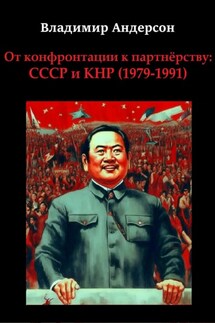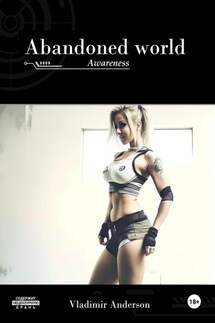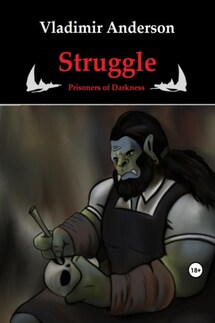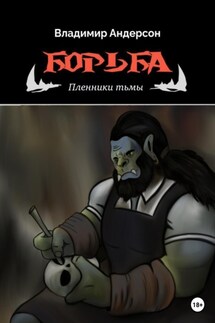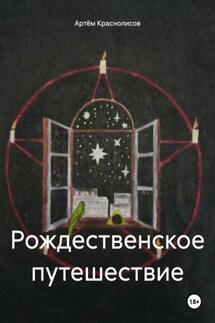Struggle: The Path to Power - страница 4
Grisha, one of his subordinates, sat on a bench near his porch and ate bread. It was stale and withered, but still real bread.
Seeing the commander, he jumped up and saluted in a military manner over his cap:
"Greetings, Comrade Captain."
"Sit down already, what's up," Misha didn't like all these honors, even though he understood perfectly well how important all these formalities were. But he especially hated formation training. When it came to the elementary techniques of formation step, he had no questions about the expediency of practicing them, but he had once read that the ancients gave it a certain delicate importance: they created special units that dealt only with this, organized special performances. What kind of nonsense is that? It's an army. Let them learn to shoot and hide. And to lie still with their eyes wide open. It will save their lives… They won't defeat the enemy with their antics with prehistoric rifles.
"Grish, tell me, what are we doing here?" – Misha asked, sitting down next to him on the steps.
Thoth apparently thought he was being tested for ideological suitability and replied along the lines of, "We are fighting for freedom, our cultural heritage, and we…"
– Give up the propaganda. We are Unit 14, not the KPM (Makah Propaganda Committee; its task was to agitate the people working for the chumas, including calling for rebellion). You tell me what you think."
"Я?… Sorry, I don't know, Comrade Captain. – During this answer Misha made such a face that one could think he was talking to a person who was completely distant from everything that was going on. – Honestly, I ran away from the factory, because I was afraid that next time I could not stand it, when the plagues begin to throw up the volume of smelting, and scream. We rarely met the norm, after all. I wouldn't have been able to withstand a couple more blows".
It was dangerous for someone like him to continue his revelations – almost all his gestures showed that he was ashamed of something he wanted to tell, but couldn't. Misha interrupted because it wasn't the first time he'd seen it. He knew that this was what his subordinate wanted to reveal, and that it would be better if he did it without coercion.
The rebel wandered back through the camp, replaying what Ranierov had told him in his head as if it would never come out and be forgotten.
Natalya Koshkina, a senior lieutenant from the sanitation department, ran into him. She was only twenty-five years old, but she was a good judge of character. One glance was enough for her to realize that help was needed: "Mish, why are you so glum?"
When she said such phrases, adding her marvelous facial expression, the mood lifted by itself. Not everyone in the group liked her, but she held no grudges and always tried to be supportive when she needed it. It seemed alien to her not to help because of an unfulfilled relationship. "Even if there were no war now," she said to those who didn't quite understand her.
– we wouldn't survive without each other. We're here to help others."
Though Misha didn't like her position entirely – "Really, how can you help, for example, Ranierov?". He respected her and could never even afford to argue with her.
– It's nothing, it's nothing.
– You didn't have lunch, did you?
– No, I didn't have lunch.
– Then I, uh.
